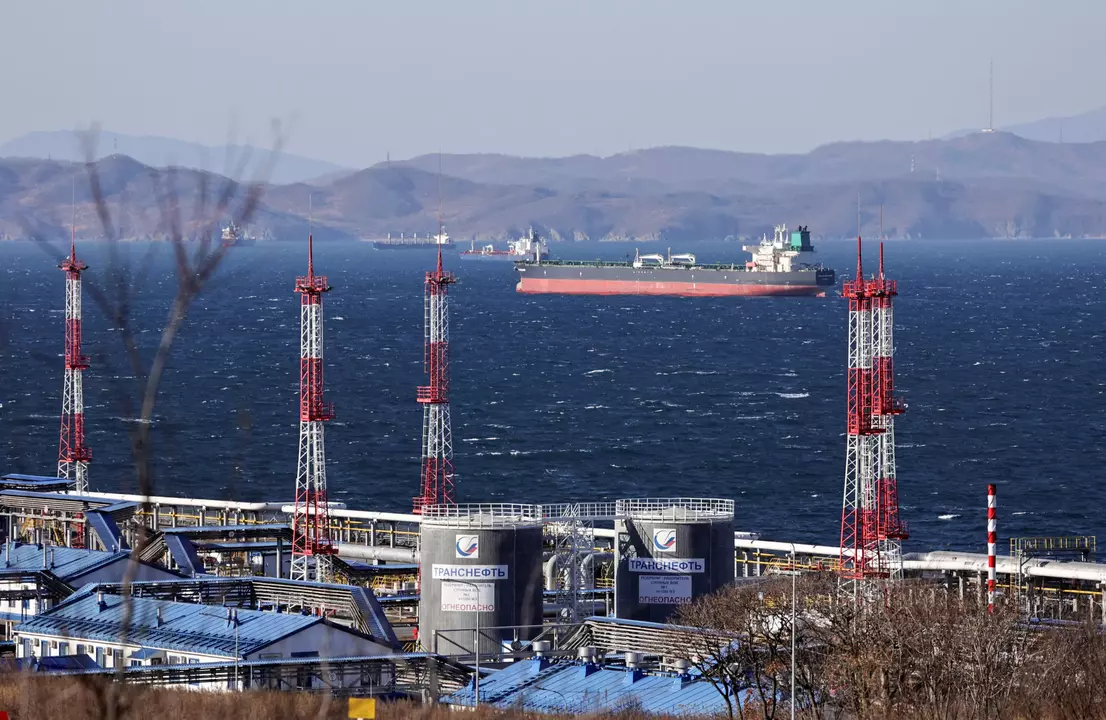Soaring Freight Rates: The Impact of Sanctions on Russian ESPO Crude Shipping to China
The maritime industry is witnessing a significant shift as the cost of shipping Russian ESPO crude to China has surged following the imposition of stringent sanctions by the US. This geopolitical dynamic
is reshaping global oil logistics, making it crucial for industry stakeholders to understand the evolving landscape.
The Surge in Freight Rates
Freight rates for transporting ESPO oil from the Kozmino port to China have more than tripled, reaching between $5 million and $5.5 million, up from $1.5 million before the sanctions. This dramatic increase is a direct result of the US targeting Russian oil industries, including tankers and insurance companies.
Impact on Maritime Logistics
- The sanctions have led to a significant disruption in maritime logistics, with vessels carrying ESPO and Sokol crude idling off the Chinese coast.
- The majority of tankers on this route are Aframaxes, which can carry 750,000 barrels, highlighting the scale of operations affected.
- Ports in Shandong province, home to most of China’s independent refiners, are cautious about handling sanctioned tankers, further complicating the supply chain.
Market Dynamics and Future Trends
The International Energy Agency reports that the blacklisted vessel fleet moved around 22% of crude shipped by sea in 2024, underscoring the broad impact of these sanctions. As OPEC+ and other producers adjust to these changes, the maritime industry must adapt to new challenges and opportunities:
- Freight rates are expected to climb higher, affecting the economics of oil trade between Russia and China.
- Alternative routes and shipping methods may emerge to circumvent sanctions, reshaping global oil trade patterns.
Conclusion
The maritime industry is navigating unprecedented challenges due to the sanctions on Russian ESPO crude. As freight rates soar and logistical hurdles mount, stakeholders must stay informed and adaptable. Understanding these shifts is key to thriving in the evolving maritime landscape.


Leave a Reply